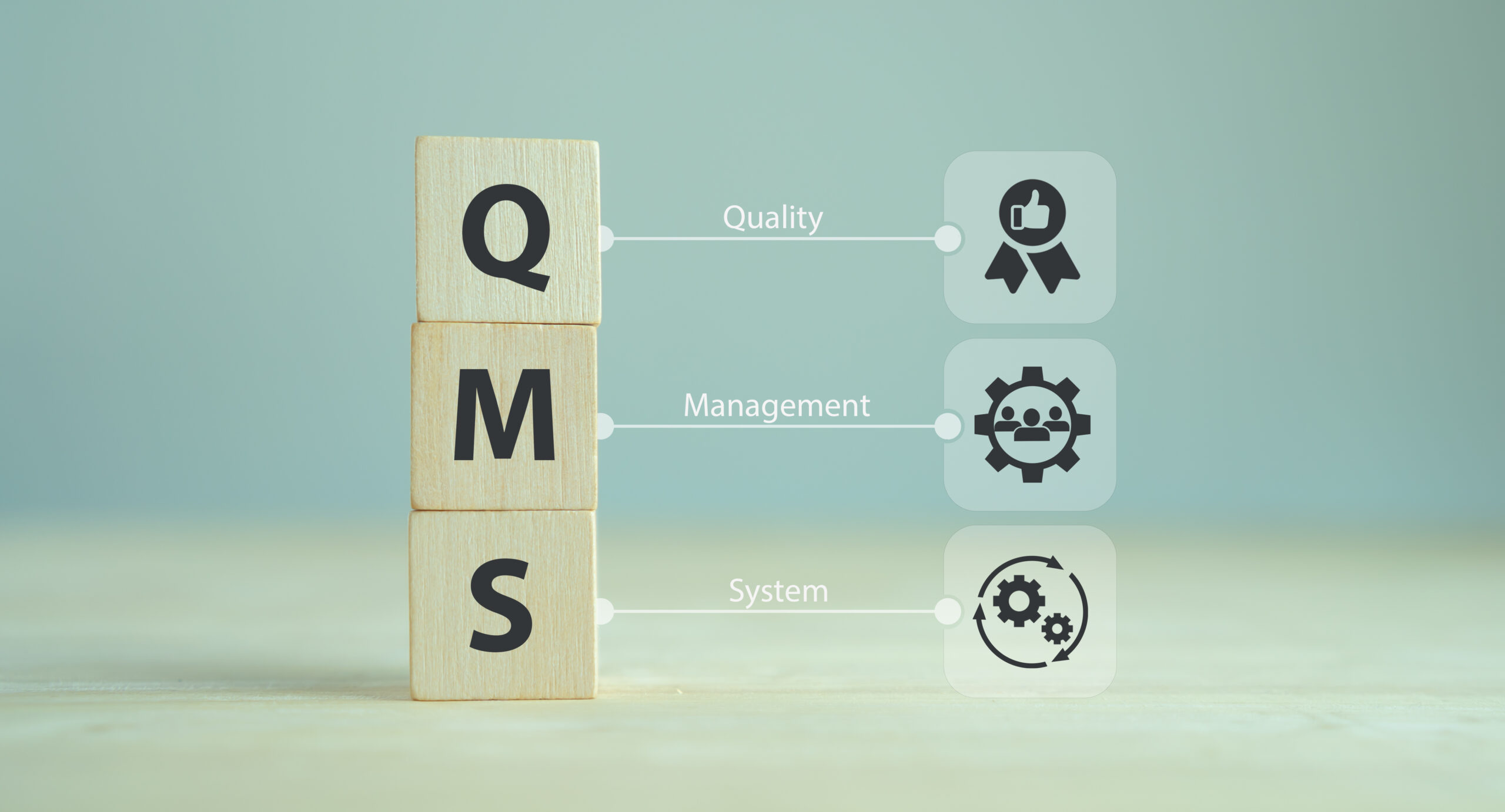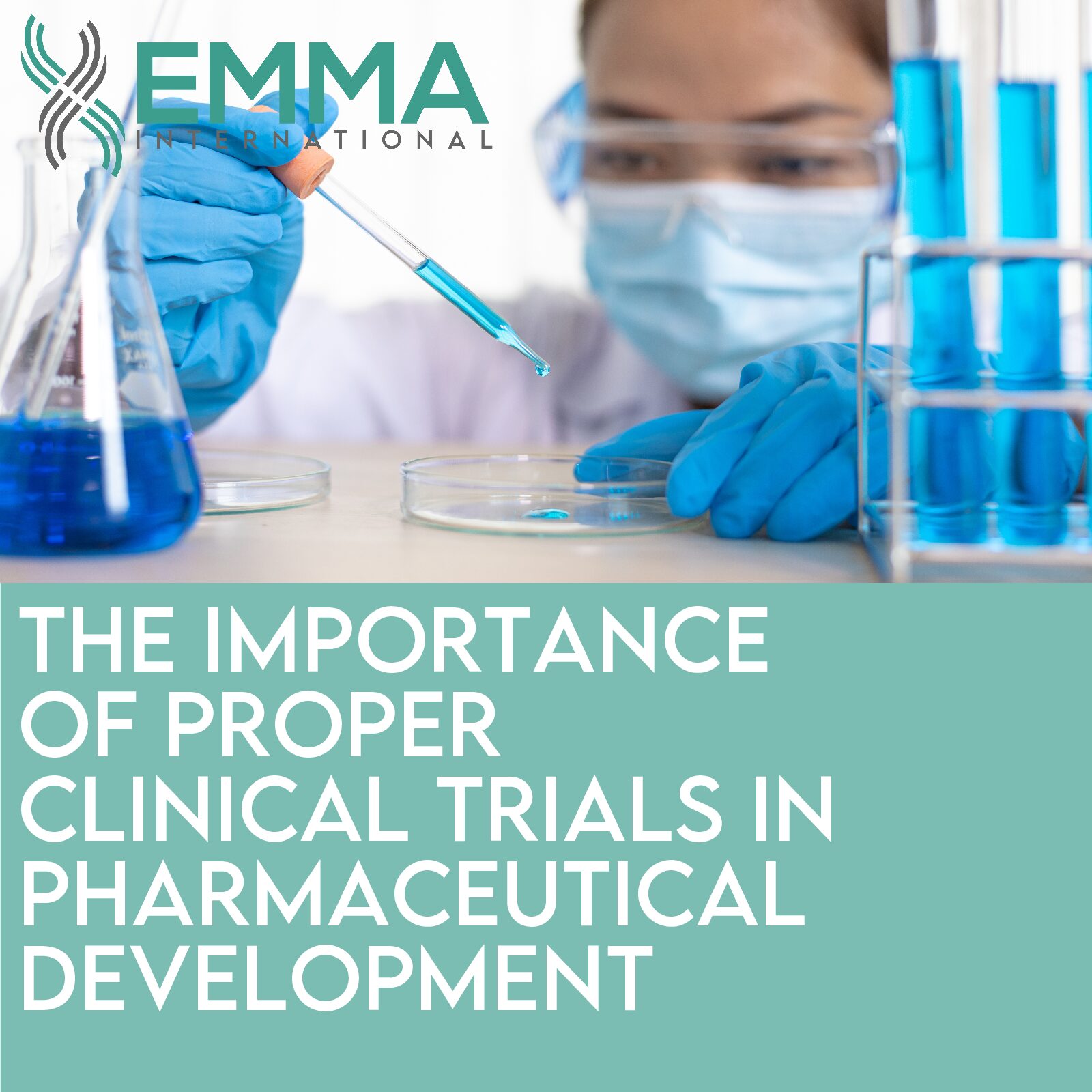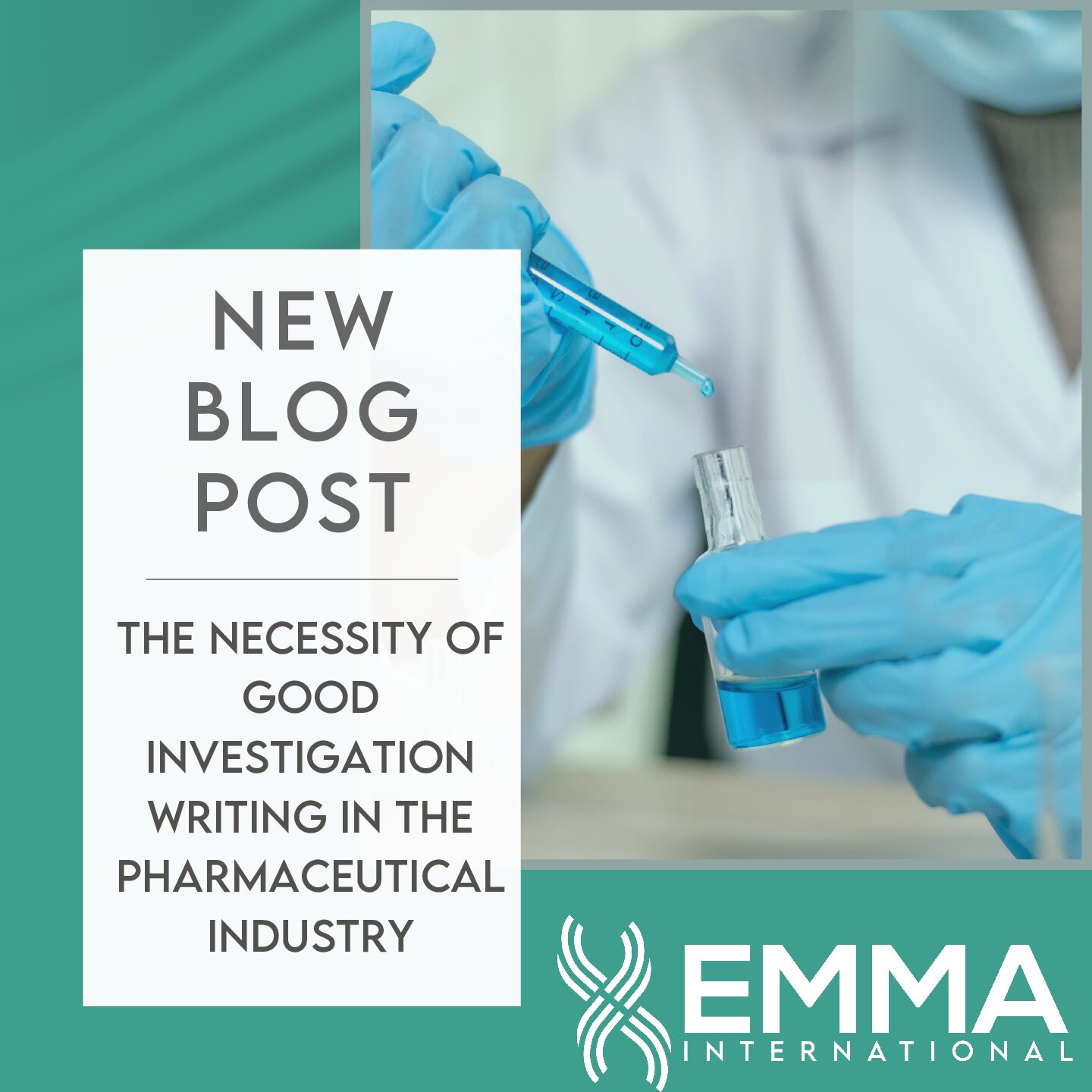By the time I began work as a Quality Engineer for The Gillette Company, in the early 1980’s, I had worked for several other organizations. None of them had Quality Management Systems, or a ‘QMS’.
Gillette had a Quality Management System. It was the first QMS I had ever encountered, and it was patterned after the 1963 Military Specification for Quality Program Requirements, Mil-Q-9858A1. This was, in part, because Gillette sold products to the U.S. Army. Gillette, however, had adopted the system approach to quality management throughout the entire company and for all products, not because any requirement, but because it made good business sense. Specifically, managing quality as a system led to higher productivity and better profitability by preventing and reducing scrap, rework, and customer returns.
In 1987, the ISO 9001 Quality Management System Standard was published for the first time2, and supported globalization of manufacturing while maintaining a world-class focus upon the quality of products. Today’s version of the ISO 9001 standard, published in 2015, refers to the quality of products and services interchangeably.
The 2006 introduction of the ISO 13485 Medical Devices Quality Management System Standard was built upon ISO 9001. Neither of these standards are regulations, however, today the U.S. FDA is moving toward adoption of ISO 13485 for Medical Devices as a more global approach to the Quality System Requirements currently defined in the Code of Federal Regulations (21 CFR 820)3.
Last week I was contacted by an organization serving an emerging new industry, about a desire to implement a Quality Management System tailored to their new and unique needs. A QMS is not currently required for what that company does, however, the leader of the organization recognized the economic benefit of having a QMS. Quality has value. That is a constant for all products and services.
Achieving desired levels of quality has, in my opinion, been best achieved by leveraging best practices and lessons learned between industries and between governments. These collected best practices and lessons become standards. It will be interesting to see what the next generation of quality management systems will be. I believe those who create and define best practices, standardizing them for new industries, will be more likely to be compliant with new regulations if/when regulatory requirements are imposed.
The bottom line is that a system approach to quality management made, and continues to make, good business sense… without ever being required.
Want more information about how a Quality Management Systems can help your company, or help with setting up a QMS for your organization? EMMA International can help! Contact us via our website, by phone at 248-987-4497, or by sending an email to: info@emmainternational.com.
1MIL-Q-9858A, Military Specification, Quality Program Requirements; Copyright © 2022 Scribd Inc., published December 16, 1963, by the U.S. Department of Defense, accessed 09/30/2022 via https://www.scribd.com/document/58808279/MIL-Q-9858-A-1
2What is ISO 9001:2015 – Quality Management Systems? – ISO 9001 Timeline; © 2022 American Society for Quality; accessed 09/30/2022 via: https://asq.org/quality-resources/iso-9001
3“FDA Proposal to Align its Quality Systems with International Consensus Standard Will Benefit Industry and Other Regulators”, U.S. Food and Drug Administration, International Programs News, Speeches, and Publications, authored by Melissa Torres and Ravi Bharwani, published February 22, 2022, accessed 09/30/2022 via: https://www.fda.gov/international-programs/international-programs-news-speeches-and-publications/fda-proposal-align-its-quality-systems-international-consensus-standard-will-benefit-industry-and





